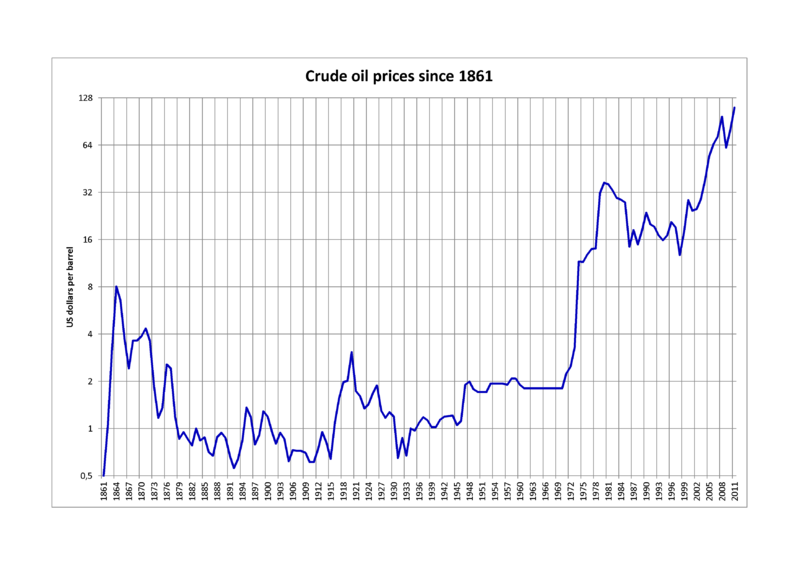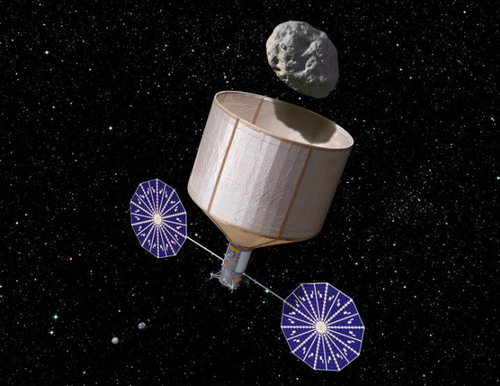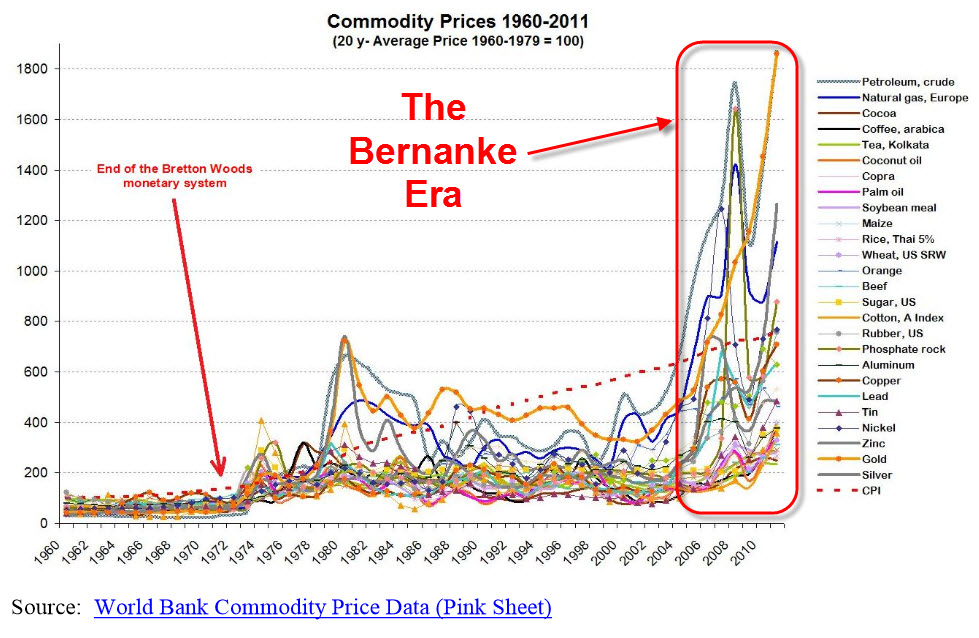We live in a solar system full of resources. We have the ability to create and to develop new technology.
Yes, but we still rely on rocket fuel...
It's the stone age of space travel...
Besides, you do realize what's the cost to go fetch resources on an asteroïd on an industrial scale ?
Not to mention that cows will have a hard time producing milk on the moon
So you want government to control the production and distribution of food ? I am correct on that? If they decide that I should eat tofu and beans, then that is what I will get to eat, even if I am allergic to legumes.
All I know is that if we go on forever like this we'll wake up one day in a full mad max scenario
And I definitely don't want to see that
I am asking again for a famine caused by capitalism in the modern world. I have noticed that you have declined to answer that question.
Nice try

You asked Grieves, not me
IMO, if nothing change drastically in our way of consuming resources, a massive famine will happen, or worse, it's just a matter of time
As I've stated before, it would require the resources of over five planet Earths to sustainably support all of us (western style), we're fucked
The USSR has vast food production areas, but while production was increasing in the US and Canada and other free market countries, folks were starving in the USSR, even after Stalin, there was not a lot of food choices available.
Please explain how capitalism caused that.
Maybe if soviets had not spent all their resources in the fight against the West, it could have been avoided
And maybe if The Bretton Woods system did not established the dollar as the world currency, soviet could have win this fight
External Quote:
A 2002 study[9] by the UN Food and Agriculture Organization predicts that world food production will be in excess of the needs of the human population by the year 2030; however, that source also states that hundreds of millions will remain hungry (presumably due to economic realities and political issues).
Yes, world food production will be in excess
Does it demonstrate we are over exploiting our planet ?
Over poluting it ?
Does it demonstrate that those so called "economic realities" if solved, wouldn't result in an increase of resources consumption ?
The food don't travel on its own
What about the water supplies ?




